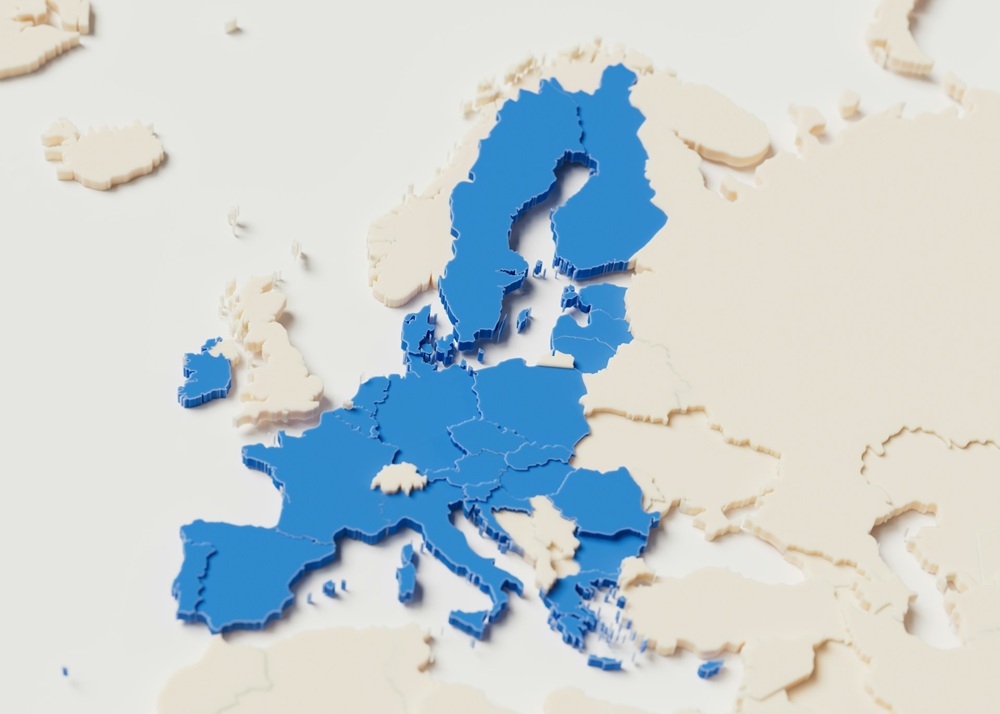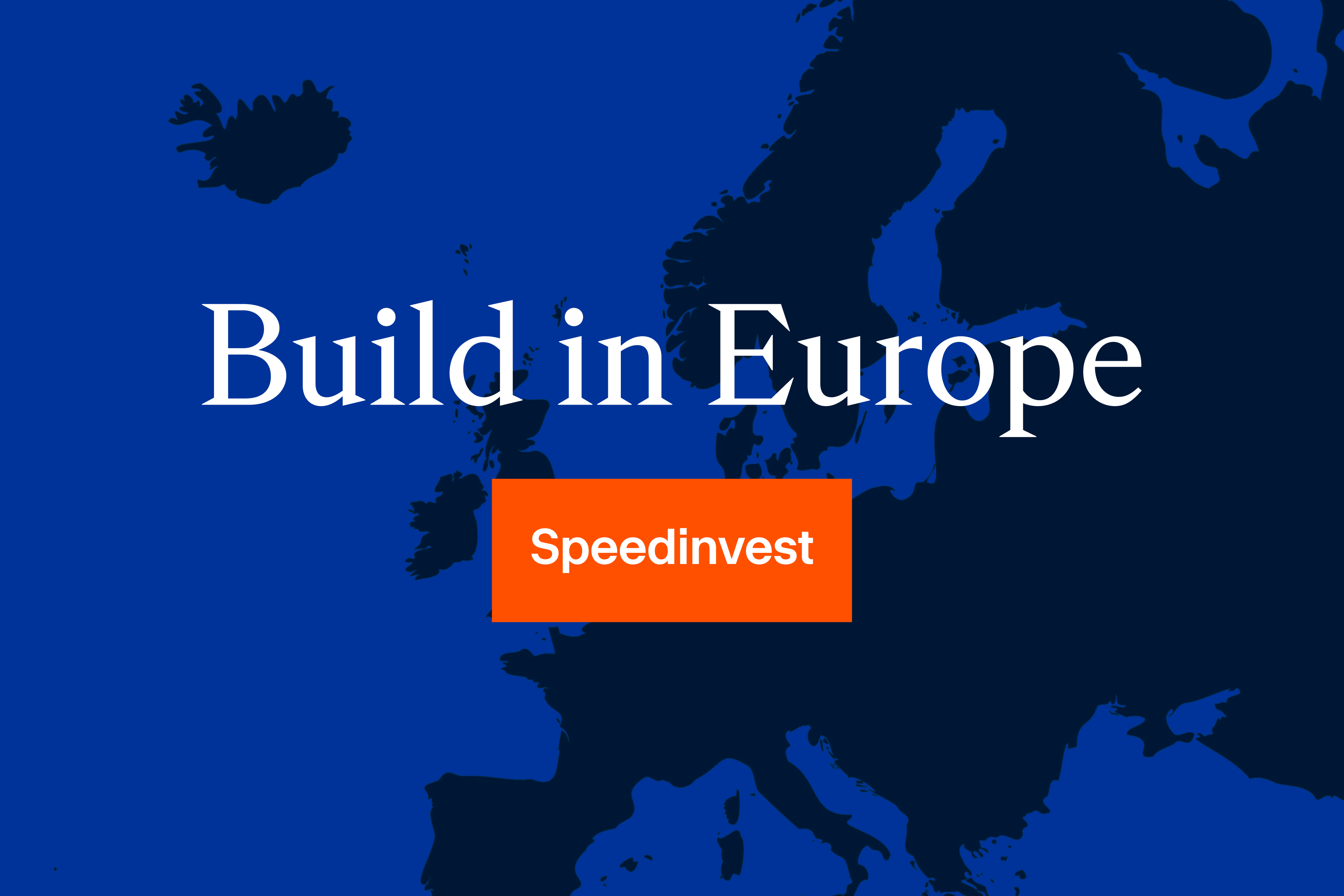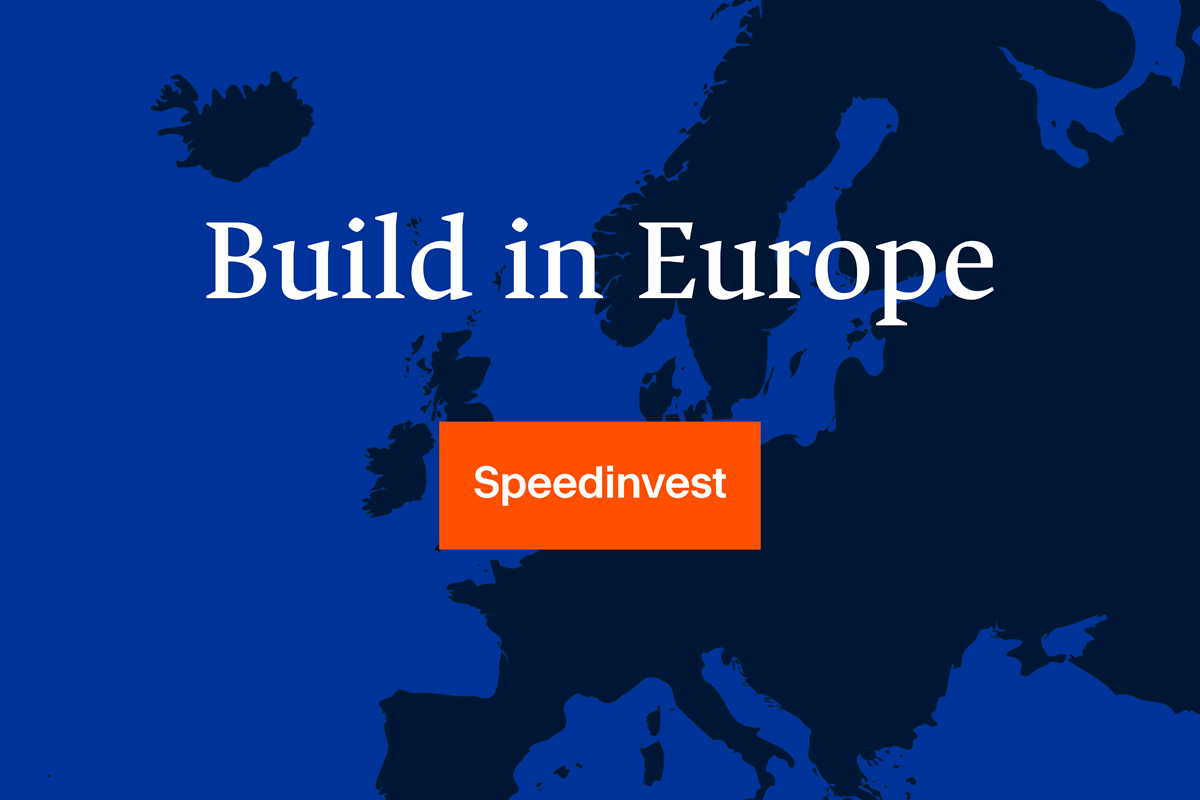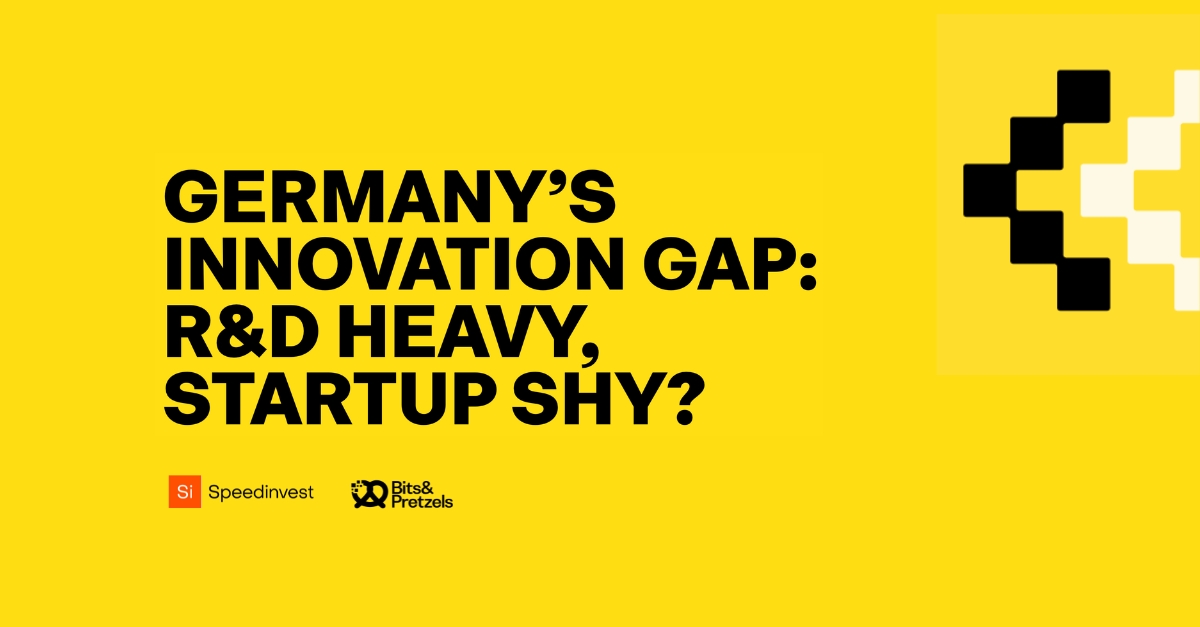Much has been said and written about the European VC and startup ecosystem. Over time, oft-repeated ideas and anecdotes recited by investors and founders have become accepted truisms. What’s long been missing is the data.
We wanted to go deeper than the truisms and prove––with data–– the validity of these assumptions and where they fall short. That’s why we partnered with Prof. Reiner Braun, Chair of Entrepreneurial Finance at Technical University Munich, and reached out to European VCs, surveying more than 430 of them to find out what they think about the European startup ecosystem. We asked about the system’s strengths and weaknesses and collected their qualitative feedback and comments to develop a series of data-backed findings about the state of European VC. The results were both surprising and confirmed previous suspicions.
You can download the full report and read an executive summary of our key findings below.
The State of European VC
The European VC ecosystem is still young
The data shows that the European ecosystem is younger and less mature than its US counterpart. The average European VC firm in our data has been in business for just over a decade. This means that the average VC in Europe is investing from its third fund generation.
The average founding year for US firms is 1998. This means the US venture capital ecosystem is 20 years ahead in terms of both experience and maturity. This is a felt reality in daily VC life when it comes to scaling and exiting companies in Europe.
European VC firms are growing and maturing
Looking at the size of the latest fund generation in Europe, the fund size was, on average, €120 million with the largest quartile starting at €267.5 million. That means some firms are raising funds upwards of €500 million. This is still significantly lower than some of the multi-billion dollar US venture funds that have been raised over the years, but it’s a step in the right direction.
This is also reflected in the total assets under management (AUM) European firms are managing, where the median was €300 million and the largest quartile started at €750 million. It will be interesting to see how this develops in a different macroeconomic and interest-rate environment and if some European firms can close the gap between its international counterparts.
European firms like early-stage investments
The large majority of European VC firms (roughly 65 percent) are focusing on Seed and/or Early-Stage (Series A) investments. This can also be due to a selection bias of the firms and investors contacted for the survey. But it seems to be in line with market perception that most growth capital is coming from outside of Europe and that there are not many European growth capital investors leading large Series C to pre-IPO rounds. This has slowly changed in the last few years. But it will also be interesting to see if this trend continues despite the macroeconomic challenges for VC.
Europe has many regional hubs
Looking at the headquarters of firms, it’s clear that there are a variety of local hubs. Almost 53 percent of all firms contacted are in the traditionally strongest economies: France, Germany, and the United Kingdom (though there are growing hubs for VC firms in the Netherlands, Spain, Switzerland, and the Nordics). Luxembourg is an outlier as it serves mostly as a regulatory headquarters for many VC firms.
The data clearly shows that the European VC market is spread out across more than 10 countries. This also translates into funds with specific regions of focus, illustrating that there is not yet one European VC market. It’s a stark contrast to the United States where San Francisco and its surrounding Silicon Valley dominate the VC scene.
Europe’s Market Fragmentation
This is a perfect segue into our first finding. As we just covered, Europe is not one ecosystem, but many. Nearly 90 percent of investors who responded to our survey said that Europe is a fragmented market consisting of multiple regional ecosystems.
We wanted to find out why this is the perception.
- 70 percent said cultural differences
- 68 percent said the different maturity of the regions
- 65 percent said the regulatory environment
Also, in line with the cultural differences, 55 percent mentioned that language barriers play a role in why there is not one common perceived European venture market. It seems the access to talent or geographical distance play less of a role for investors.
A pain point mentioned by a number of investors included the significant differences between various regions and sectors when it comes to tax law, depth of capital markets, the level of bureaucracy, and regulation. It also seems there isn’t one European market when it comes to starting a business. London is the exception with investors mentioning many times over that the British capital remains advanced compared to other regions thanks to its access to talent and a better regulatory regime as well as stronger ties to capital markets.
So if there is one hub that comes closest to matching the US, according to European VCs, it’s probably still London. This, personally, makes me even more sad that they left the EU.
The Strengths of European VC
As we saw in the report, there’s a strong consensus among the participants of my research that the European ecosystem is improving, especially in the last few years. When asking European investors, it’s clear what investors think the strengths of Europe are compared to the US ecosystem:
- Educational system and universities
- Access to great talent
- Technological know-how and IP
These areas are perceived as winning factors for Europe. In addition, investors believe that there’s a wealth of interesting startups to invest in, which likely explains why 76 percent of respondents said they have seen more US investors on the ground in recent months.
Also, the public funding environment (LP and grants) seems to play to the strengths of the ecosystem. But public money is often perceived as a double-edged sword. Many investors are of the opinion that governments should not be VCs. If governments want to support startups, they should invest in a professional VC as a fund of funds and focus on enabling a favorable regulatory regime.
Many investors also mentioned that public money should be more catalytic than it is today. They believe that there remains an over-reliance on public money in Europe in some regions and sectors. That said, public money certainly plays an important role in financing research and innovation at and from universities.
Weaknesses in the European ecosystem
The poor state of European capital markets and exit environment were noted by participants as a key risk factor for the ecosystem. According to our research, 75 percent cited functioning European capital and exit markets, or the lack thereof, as a long, consistent, and considerable barrier for the European ecosystem. Investors also complained about the absence of an IPO market in Europe.
The lack of both capital invested by pension funds and of IPOs and capital markets were already paint points identified in the past. More than 20 years later, it’s clear this remains a key issue in Europe.
At the same time, participants in the survey were ready and willing to share potential solutions. For example, one respondent suggested that there ought to be a European NASDAQ operating as its own capital market segment.
Immaturity of the ecosystem
Considering Europe’s late start to VC (compared with the United States), it’s no surprise that some European investors take issue with their ecosystem’s immaturity. In our survey, 62 percent of respondents indicated that the immaturity of the ecosystem is reflected in the absence of executives in Europe with experience in scaling a company, especially compared to the US.
That said, they also noted that this is changing with individuals from larger, successful companies leaving to start their own companies after experiencing the scaling journey. Although the system is not as mature as some would like, individuals are far more mature and experienced than what used to be available in Europe.
The Private LP market must grow
In our survey, 59 percent of respondents highlighted that the private LP market is less mature and significantly smaller in Europe compared to the US. As we noted earlier, that reality forces the public sector to fill the gap. This complaint was touched on as well in the qualitative feedback. As one participant said, “We are very far away from having a stable and available private institutional investors base in the venture capital asset class in Europe..”
Making changes to pension fund investment rules was also mentioned as a way to allow more allocation to venture capital, and as a result, attract more LP investment for the venture capital asset class of Europe.
Europe is on the right track but must address challenges
To summarize the main points where Europe needs to improve the most: The different and often complex regulatory environment, capital markets, the LP market, and especially, the engagement of pension funds. Tackling those three areas would result in massive upside potential for the European VC ecosystem.
But the feedback is also very clear. Europe is on the right track. The data shows that the European ecosystem is vastly improving in the eyes of its investors and that they believe it’s getting better with each passing day. We are confident that this trend will continue.
Ready to dive into the full report? Click here.







